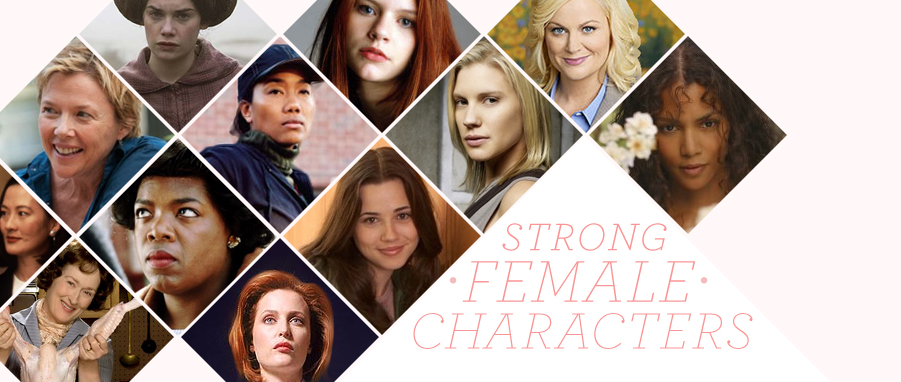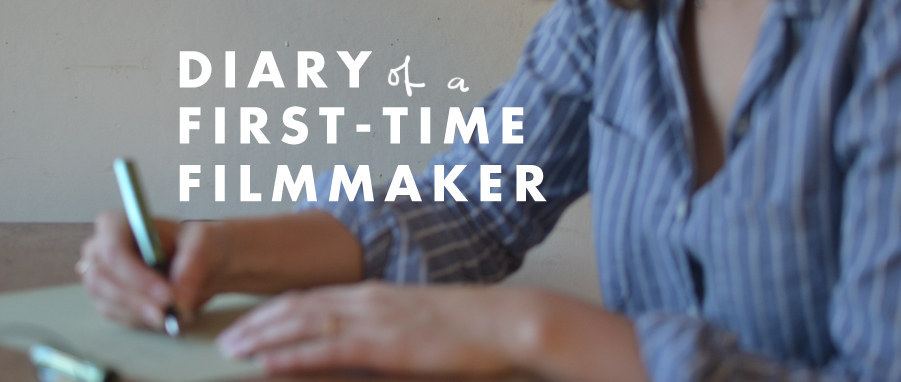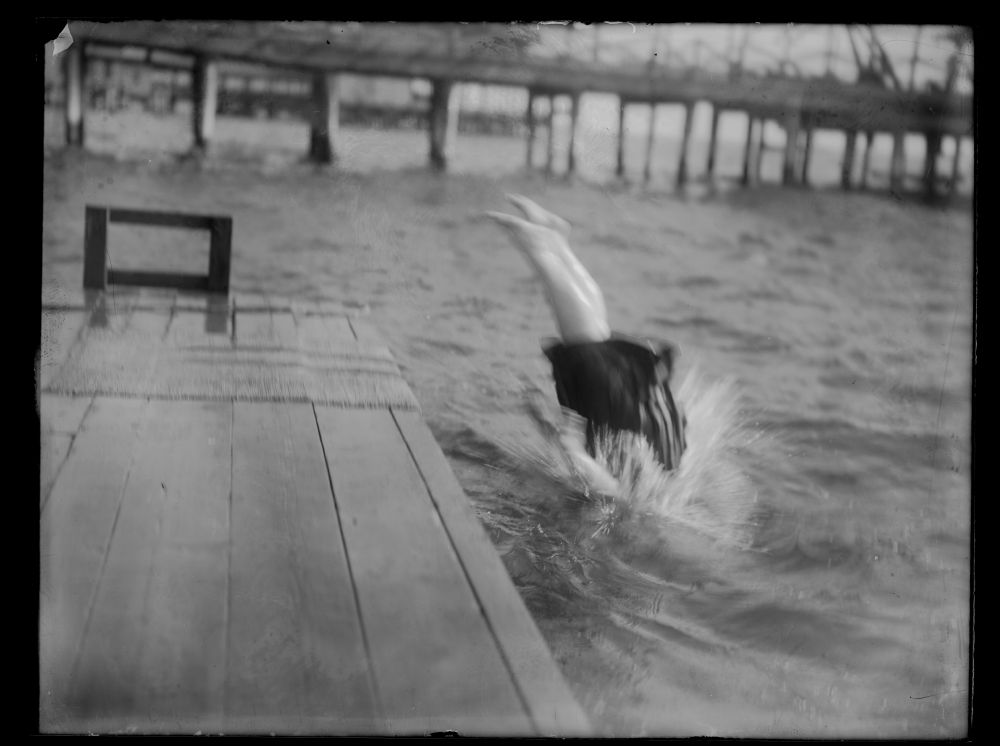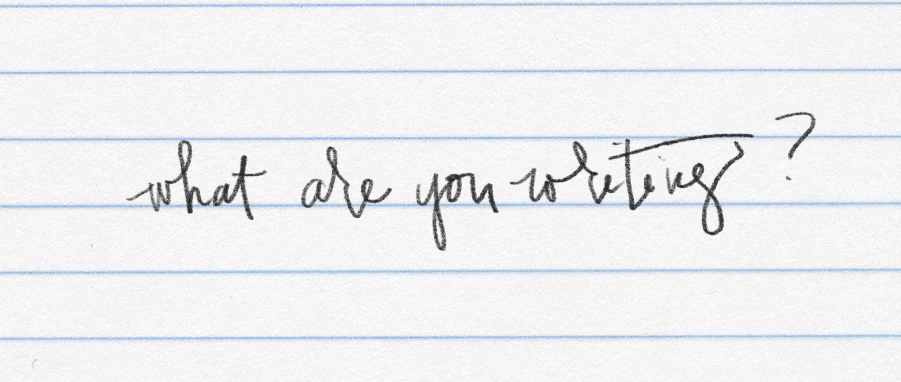Dear Sibyl,
A college friend of mine has an attitude problem when it comes to race. We met 12 years ago and lost touch a year into our studies when our programs diverged. At that point she had already made 2 racist comments, one which I pointed out was unfair and biased, and she conceded. But when the second comment occurred, I cut my losses and went on my way.
Five years ago she moved to my city and sought out my friendship again. I was happy to hear from her, because she does have a lot of good qualities and has turned out to be a fairly loyal, if somewhat self-centered friend.
She had done some traveling after college and I was hoping her mind had opened and she'd matured with regard to her unconscious views on race. Not totally. There were a few less-overt comments that I let slide, due to my passive nature and just general cowardice (ugh). I never thought that she would remain my friend for this long, or that she'd figure it out eventually by interacting with more folks from different backgrounds (our city is fairly diverse and she's since entered a multicultural graduate program).
Alas, that's not really how privilege works, as we both know, Sibyl! The recent release of the film Fruitvale Station, and its confluence with the Trayvon Martin verdict have produced some ugly & awkward moments with her—which unfortunately I've heard of second-hand. Her comments were to the effect of, people are just saying nice things about this movie because of the trial, subtext being that ... black people are getting away with "it"?? It makes no sense. It's getting to the point where I have to run interference with other friends because I'm (perhaps selfishly) afraid this reflects badly on me. I don't want a bigoted friend, but at this point she has become so important to me that I can't just cut & run either.
I think I know the right thing to do, which is to gently bring it up and act like I just don't understand why an otherwise nice person seems to hold these views, and to sort of cushion it by saying I think she's much smarter than that. But I'm afraid that instead I'll start shaking with rage and go off about white privilege (I'm white too, so it doesn't take a rocket scientist to recognize what's right in front of our eyes). Any tips? Thanks so much!
Losing the Race
Dear Losing the Race,
In the past month, people all over the country have had some unfortunate surprises, seeing how folks close to them reacted to the Trayvon Martin murder case, and the film Fruitvale Station, which depicted the murder of Oscar Grant III. It’s been awkward, depressing, and downright enraging to see that people you thought were allies are actually indifferent, ignorant, and/or even full-out racist. How is it 2013 and so many white people just don’t “get” the effects of institutional racism? Well, privilege is a sneaky thing, and no one wants to give up power they don’t want to believe they have in the first place.
The message I heard, over and over, from the black folks in my life was, “White people who are conscious, please handle your people. We are tired of explaining racism to them. It’s time for you to step up.” So, although I recognize that my efforts are far from complete, I’ve been using every platform afforded to me to discuss race in America, and I thank you for another opportunity to do so.
What I am finding is that since most people avoid talking about race like the plague, they are clunky with it. Their opinions are not fully formed, untested by debate and expression. They are a bit like teenagers in Health class on Sex Ed day - there’s all kinds of jokes where there should be depth, and the level of tension in the room is palpable.
I like that you are willing to examine what having a bigoted friend says about you. What it says about you is you are a human with human friends, that are complicated and imperfect and not totally aware of themselves. Everyone has their equivalent of your bigoted friend in their lives. It’s like the embarrassing uncle who you used to love as a child for all the reasons you now hope he doesn’t show up at the family functions—his loudness and silliness was fun for kids, but less funny as an adult.
You probably enjoy the bluntness of your friend, in other contexts. You like that she tells it how she sees it, doesn’t hold back, and isn’t always perfectly PC. However, you were hoping she would evolve over time. Ignorant views in college students are to be expected—I’m so lucky I still have any friends who knew me in my early 20’s, a time of bizarre absolutes all over the political spectrum. However, in adult life, friendships are really difficult to hold on to, and for all the effort one puts in, you don’t want to feel like you’re giving your time to someone who is on the wrong side of history. It feels like collusion.
This friend has been placed in your lap so you can do your part in making change, starting right where you are. Relationships are the only thing that change people. The person with homophobic beliefs has to reconsider when they find out their beloved piano teacher is gay. And someone with unconscious racist beliefs won’t change them unless people they care about start to stay, “Listen, this is not cool.”
So what you need to do is practice. Talk about this issue with people you know agree with you, first. Practice with people you don’t care as much about, too. I remember when I first started confronting racism in conversations, and the visceral physical reaction you described happened to me. I shook, I cried, I had to leave the room and hyperventilate. But, over time, I was able to get those somatic responses under control and speak more freely. I actually think it’s fine if you shake and cry—it could be compelling for your friend to see how much this means to you. However, it would be best for your health if you didn’t go into anaphylactic shock every time you talk about this, so practice and breathe.
I actually don’t think you should pretend not to understand why an otherwise nice person holds these beliefs. Because you do know. You should be forward, direct, and use examples. You can do this compassionately, in a way that helps put your friend’s statements into context, showing her that it’s not her fault that institutional racism exists, but it is her business and duty to recognize it and stop propagating it.
I suggest following up your conversation with some reading material for her to peruse. An article your friend may connect with is Peggy McIntosh’s Unpacking the Invisible Knapsack, which includes a list of day-to-day examples of how white privilege works itself out in real life. She may not want to believe that all of the examples on the list are true, but there are at least a few that she will be unable to refute. I do understand that this article is problematic, but it seems that your friend really needs to start slowly, although she should be encouraged quickly to move on to bell hooks. This could be the beginning of a really important personal growth journey for her.
People do not want to acknowledge their own ignorance and privilege. In order to get them to do so, you have to provide both positive and negative reasons. For instance, you’ll be saying, “It makes me really uncomfortable and upset when you say these things. It is why I didn’t call you for years.” So, the message is, “your racism hurts your friends and makes them not want to hang out with you.” But also you can tell her your journey, from unconsciously enjoying white privilege to being aware of it and trying to call it out when you can. What have you gained from this process? What personal growth can you offer her by becoming awake to how the world really works?
I think it is great that you don’t just want to cut this friend out of your life—that would be a missed opportunity for you both. Just being aware of white privilege is not enough. We have to have the courage to speak out about it when we see it, calling it out and encouraging the people in our lives to do the same. And, what have you got to lose? You said yourself you don’t want to have a bigoted friend, so give her the chance to evolve, and see what happens! I really believe this is the only way things are ever going to change—one-on-one conversations with people we love. The personal affection makes it matter in a way that a movie and a court case never can.
In Solidarity,
Sibyl













 I just finished reading Jeffrey Eugenides’ most recent novel, The Marriage Plot, and having done so, felt more equipped to ponder a rather inflammatory statement he made last September regarding perceived difference in treatment of women authors’ work in relation to that of their male colleagues.
I just finished reading Jeffrey Eugenides’ most recent novel, The Marriage Plot, and having done so, felt more equipped to ponder a rather inflammatory statement he made last September regarding perceived difference in treatment of women authors’ work in relation to that of their male colleagues.















